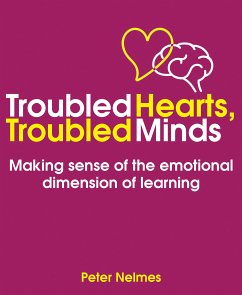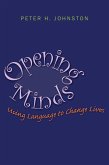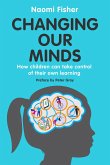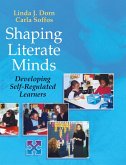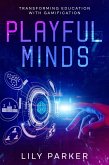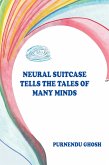How are we to think of the disruptive or destructive child?
Drawing on over 25 years of experience working with children with challenging behaviour, Peter Nelmes argues that such children are members of a community who are possibly the least understood and accepted in society - and whose problems are often met with condemnation rather than understanding and support.
Through his insightful explanation of this phenomenon, Peter gives anyone who works with such children a framework for understanding how the heart and the mind relate to each other in practice.
Writing with warmth and compassion, he shares a range of real-life case studies which illustrate how emotional difficulties can often diminish a child's capacity for learning and delivers key lessons on the importance of nurturing pupils' self-regulation and providing them with supportive interventions.
Troubled Hearts, Troubled Minds is divided into two parts: the first comprising lessons from practice and the second looking towards a coherent theory that can then inform practice.
Part I begins by exploring the emotional background of teaching and learning, and the following three chapters enquire into the three components of shared meanings in the classroom: the teacher, the context and the learner. The final chapter in this section turns the focus onto what it means to attune to the emotional dimension of classroom interactions, putting greater emphasis on the lessons for practice.
In Part II, Peter explores the best modes of talk to use when teaching troubled children and presents a way of conceptualising all that has been described in the book into a simple theoretical model which educators can relate to and apply in their own setting.
If you have ever struggled to teach - or even just connect with - a troubled child, then this book is for you.
Contents include: Part I: The construction and components of shared meanings: lessons from practice. Chapter 1. The emotional component of teaching and learning; Chapter 2. The teacher; Chapter 3. The context; Chapter 4. The learner; Chapter 5. Attuning to and containing emotions; Part II: What does this mean for teachers? Lessons for practice. Chapter 6. How to talk to troubled children; Chapter 7. Relf-regulation and supportive interventions.
Dieser Download kann aus rechtlichen Gründen nur mit Rechnungsadresse in A, B, BG, CY, CZ, D, DK, EW, E, FIN, F, GR, H, IRL, I, LT, L, LR, M, NL, PL, P, R, S, SLO, SK ausgeliefert werden.

